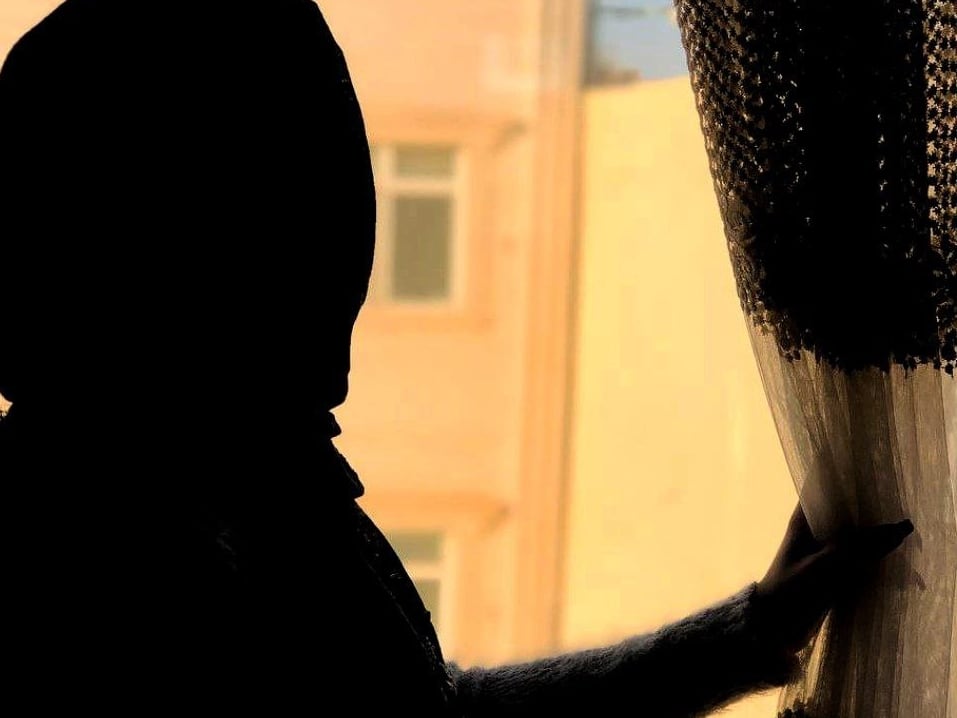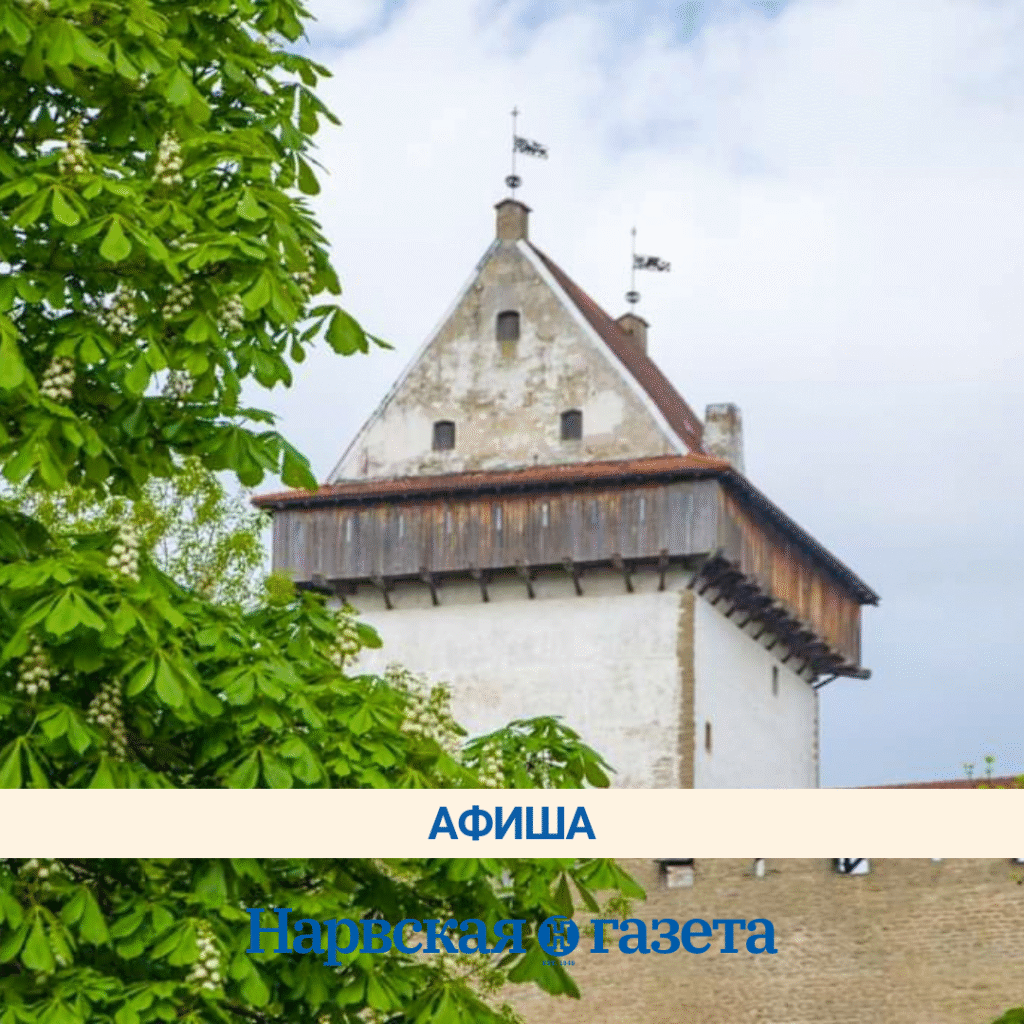Exteriors grants a humanitarian visa to an Afghan persecuted but leaves it unprotected when you reach Spain | Spain

The 31 -year -old Afghan Hamida Sultani fled from Afghanistan to neighbor Pakistan a year ago, after that the Taliban threatened to kill her for demonstrating against the deprivation of rights suffered by the women and girls of that country. Last Sunday, the woman landed at Barajas airport with a humanitarian visa issued by the Spanish Embassy in Pakistan. However, contrary to what was happening with other asylum applicants from Afghanistan –where a « gender apartheid » governs, according to the UN-, Sultani was not automatically integrated into the reception system of international protection applicants. Without that protection, the woman has been helpless; Alone and without money, accommodation or maintenance. If the Afghan refugee and Aphganic activist Khadija Amin had not welcomed her at home, she would have stayed on the street.
After Amin and this newspaper asked this woman on Monday morning about the case of this woman, the Afghan activist has received, entry in the afternoon, an email from the Subdirectorate of visas and travel documents of that ministry, in which she is informed that the Afghan who arrive in Spain must request a visa at the border. In his answer to questions from this newspaper, official sources of the Ministry assured that Sultani should also have complied with that procedure. The directed mail ensures that this circumstance « had previously been indicated », something that the activist denies.
What differentiates the case of Hamida Sultani from that of the other Afghas to which Spain had granted a humanitarian visa is that the diplomatic legation in Pakistan does not provide this woman with a second document that should have accredited her status as an applicant for international protection. Without that role, which until now accompanied the visa, the woman went through the border police control at the Barajas airport without knowing – according to – that he had to ask for asylum before penetrating Spanish territory. When leaving the arrivals, the only one who was waiting for her was Khadija Amin, also the journalist who presides over the humanitarian organization Esperanza de Libertad, who helps Afghas persecuted to request international protection in Spain.
The usual procedure in these cases, explains Amin, is that, after waiting for months or even more than a year the mandatory event for an interview with the Embassy of Spain in Pakistan and overcome it –for which they must offer evidence of being at risk in your country– The Spanish authorities grant to the Afghan persecuted a visa to travel to Spain. To this document is added another that says textually in English, according to this newspaper, that « the Government of Spain sponsor the displacement to Spain of the beneficiary in order to request international protection. »
Until now, when the aircraft of those Afghas landed in Madrid, « the National Police went up to the apparatus, asked for them and accompanied them to request international protection. » Then, NGO personnel such as ACCEM or Red Cross, in which the attention to asylum seekers is exteriorized, leads them to any of their centers, where they were lodged waiting for their request to be resolved.
In the case of Sultani, it was not so. When Khadija Amin realized that the woman had arrived in Spain without that document that proved the government’s support so that ask for international protection, He went to the airport police station to find out what had happened. There they limited themselves to communicating that Sultani had to have requested asylum on the border, before penetrating Spanish territory, and that, as he had not done, he had to make an appointment at a foreigner office to request international protection.
When Amin informed them that Sultani had the visa of the Spanish embassy in Islamabad, so he should have automatically entered the reception system, the agents asked him for the document that proved that condition and that the woman had not received. Amin also contacted ACCEM and Red Cross, who assured him that they had not been informed of the arrival of this Afghan to Spain.
The alternative of making an alienation is, in theory, simple and, in practice, a titanic task. The collapse of telephone numbers to meet that process in Spain is such that, sometimes, not only dating for several months later, but often not even get someone to respond to the phone because of the enormous influx of calls are often given. The very high demand has even caused the emergence of a black market in which asylum appointments have been shown up to 200 euros. According to the refugee aid (CEAR) commission, 167,366 people requested international protection in Spain in 2024.
Until that first appointment that can cost months to obtain – that is achieved – asylum seekers are in a limbo. They cannot prove their condition, so they are considered irregular immigrants. Nor do they access the reception system.
Visas
Before Khadija Amin received the email in which the change of the type of visa for the Afghan was notified, the country had asked exteriors for Hamida Sultani. Official sources of the Ministry replied that « because of the nature of the case » of this Afghan, « a transfer to Spain was not processed, but that a visa was directly issued so that he could travel to Spain and request international protection at the border. » The sources did not specify what nature is.
The country has compared the visa that appears in the passport of this Afghan with that of four of its compatriots arrived in Spain and that had automatic access to the reception system. They seem identical. In the mail sent to Sultani by the Embassy of Spain in Pakistan, in which he was informed that his request for travel to Spain had been accepted, dated March 24, this “transfer” is alluded to that, according to exteriors, it has not been applied in this case.
The text in English says textually: « This is a notification regarding its transfer to Spain in relation to article 38 of Organic Law 12/2009 of October 30, 2009 that regulates the right to asylum. » After confirming that Sultani’s application had been approved, it is required that the « instructions for the next steps of her transfer to Spain are attached in the next mess of messages. » In that document, it refers to « transfer » to Spain and is required, in its section 6, that the « Spanish authorities will accompany her upon arrival in Spain. » The instructions do not mention the need to ask for asylum in border in Spain.
Hamida Sultani is not the only Afghan that will arrive in Spain these days. This Monday, two other Afghas are expected, who, without speaking a word of Spanish, must ask for asylum on the border, emphasizes Khadija Amin, who fears that they also « are homeless. » The activist says he does not understand what is the criteria that the Spanish authorities now apply: « Another Afghan who also comes with her husband arrives this Tuesday. Both come with the international protection document and will be welcomed by the Accem NGOs; three other women alone arrive without that document and can stay in the street, when they all have profiles of women threatened by the Talibanes. » On Wednesday, Amin continues, « a family, father, mother and three children between three and ten years old arrives in Barajas » who also not have the text that would open the doors of the reception system.
All these people have accredited, emphasize, have been persecuted by the Taliban. In Afghanistan, women can no longer study beyond 12 yearsneither work in most jobs and even travel or obtain documents without the permission of a male relative. Taliban have prohibited women from even looking at men or raising their voice in public. They have also decreed that the windows of the houses are covered where Afghas live. Last December, Spain denounced before the Prosecutor’s Office International Criminal Court (TPI) the violation of the rights of Afghan women and girls by the Taliban regime.








